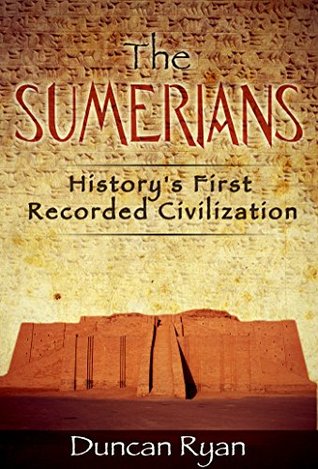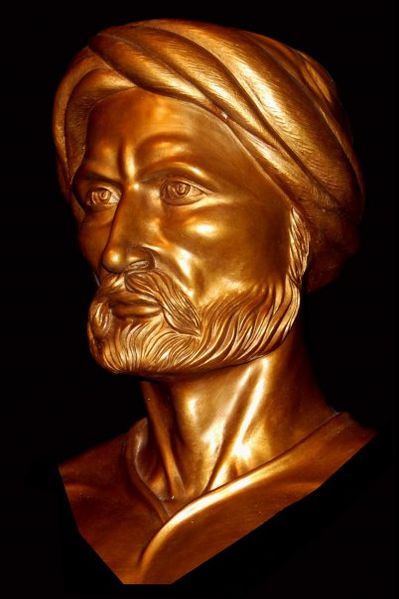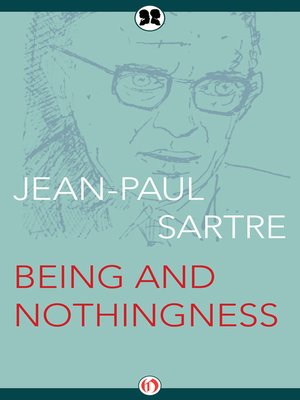Why the Task Oriented Leadership Hardly Delivers the Task

The characteristics of a leaders having a production oriented leadership style The definition of leadership itself gives certain hints about the basic characteristics of any type of leadership . The basic aim of any leadership is to achieve a predetermined goal by way of methods and procedures unique to that leadership style. The path of leadership may vary according to styles but generally the end result somewhat remains the same The Task Oriented Leadership The Production Oriented Leadership Style (POLS) is basically the task oriented leadership which accords more value to end results. This type of leadership style is rule based, formal, structured and heavily oriented towards the bureaucratic method. If we look closely inside the philosophy of the Production Oriented Leadership Style (POLS), then we find ample traces of the scientific school of management of the famous thinker Taylor. The Production Oriented Leadership Style (POLS) believes in close supervision of the em...





















